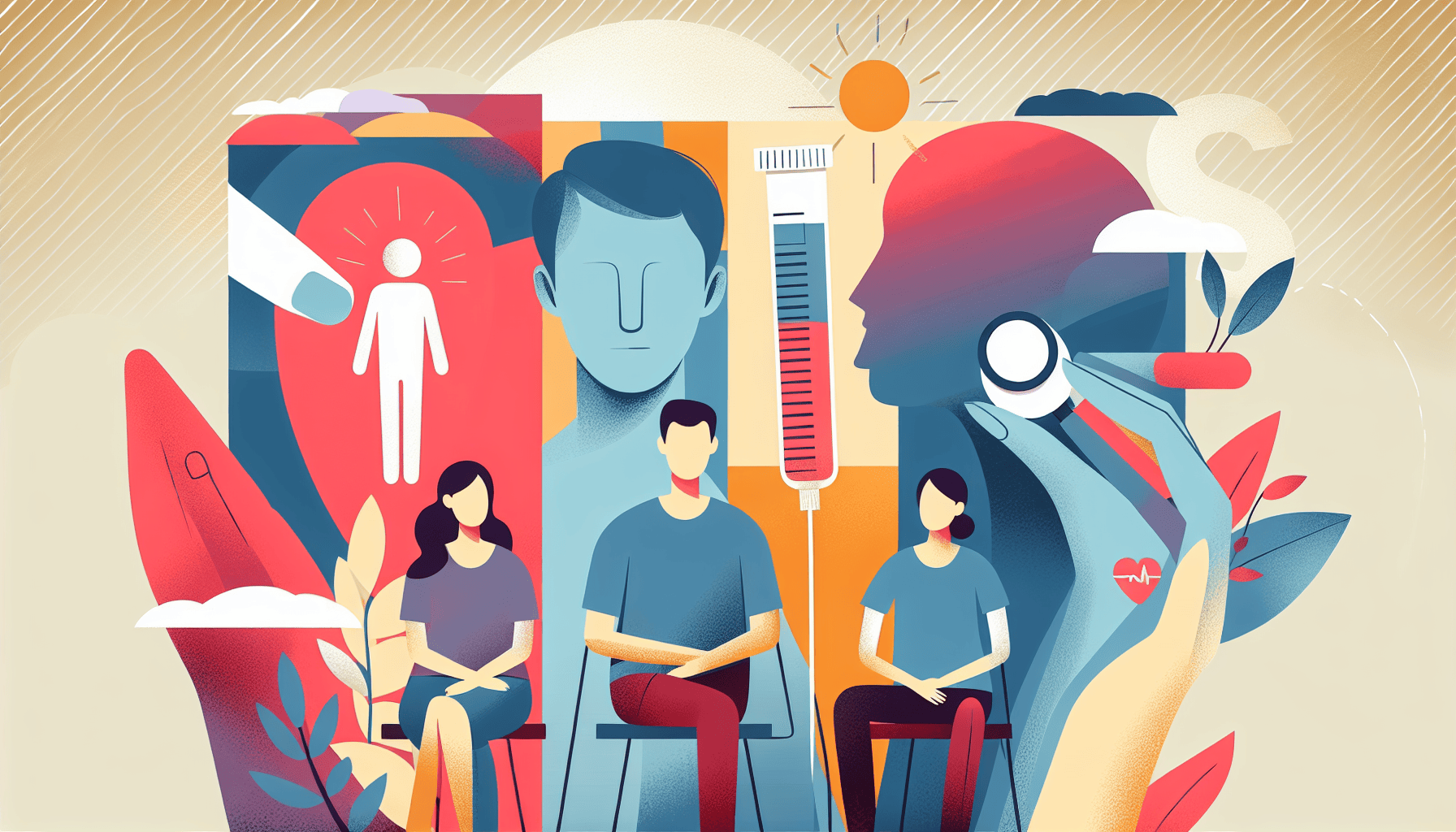Cushing's syndrome, also known as hypercortisolism, is a hormonal disorder caused by high levels of the hormone cortisol in your body. Cortisol is produced by your adrenal glands, which sit on top of your kidneys. It helps your body maintain blood pressure, regulate blood sugar, lower inflammation, and turn the food you eat into energy. However, when you have too much cortisol, it can disrupt your body's other systems.
Causes and Risk Factors
The most common cause of Cushing's syndrome is related to medications called glucocorticoids, also known as corticosteroids or steroids (e.g., prednisone). These prescription steroids are used to treat conditions such as asthma, rheumatoid arthritis, and lupus, or after an organ transplant. Taking too much for too long can lead to Cushing's syndrome.
Other causes include:
Symptoms
Symptoms of Cushing's syndrome may vary from person to person, but common signs include:
A rounded, rosy face
Weight gain, especially in the upper body
A fat pad in the upper back or base of the neck
Thinning skin that is easy to bruise
Acne
Fatigue
Muscle weakness
High blood pressure
High blood sugar levels
Depression and anxiety
Osteoporosis
Kidney stones
Sleep problems
Extra hair growth on the body and face
Irregular periods
Low sex drive and erectile dysfunction
Decreased fertility
Diagnosis
Diagnosing Cushing's syndrome may require several appointments and tests. Your doctor will perform a physical exam and ask about your symptoms, medications, and emotional well-being. If Cushing's syndrome is suspected, they may recommend tests such as:
24-hour urinary free cortisol test
Dexamethasone suppression test
Late-night salivary cortisol level
Blood tests to check ACTH levels
Corticotropin-releasing hormone (CRH) stimulation test
High-dose dexamethasone suppression test
Imaging tests to look for tumors
Petrosal sinus sampling
Treatment Options
Treatment for Cushing's syndrome depends on the underlying cause. Options may include:
Lowering the dose of steroid medications
Surgery to remove tumors
Radiation therapy
Medications to control cortisol production
Hormone replacement therapy
Lifestyle changes, such as a healthy diet rich in calcium and vitamin D, stress management, and gentle exercise, can also help manage symptoms and improve overall health.
Complications and Outlook
Untreated Cushing's syndrome can lead to serious health problems, including heart attack, stroke, blood clots, infections, bone loss, and type 2 diabetes. However, with proper treatment, most cases of Cushing's syndrome can be cured. If the condition is not curable, working closely with your doctor to manage symptoms and maintain a healthy lifestyle is essential.
Support groups, such as those found through the Cushing's Support & Research Foundation, can provide valuable information and a sense of community for those living with Cushing's syndrome.
Conclusion
Cushing's syndrome is a hormonal disorder caused by high levels of cortisol in the body. While it can lead to serious health problems if left untreated, most cases can be cured with the appropriate treatment. If you suspect you may have Cushing's syndrome, consult your doctor for a proper diagnosis and to discuss the best treatment options for your individual case.
For more information on Cushing's syndrome, visit:
The Bottom Line
Early recognition of characteristic physical changes combined with biochemical testing leads to successful treatment in most cases, preventing serious complications like diabetes, osteoporosis, and cardiovascular disease. Prompt evaluation is crucial since untreated cases carry significant morbidity and mortality risks. If you're noticing unexplained central weight gain, easy bruising, or muscle weakness, Doctronic can help connect you with appropriate testing and specialist care.



